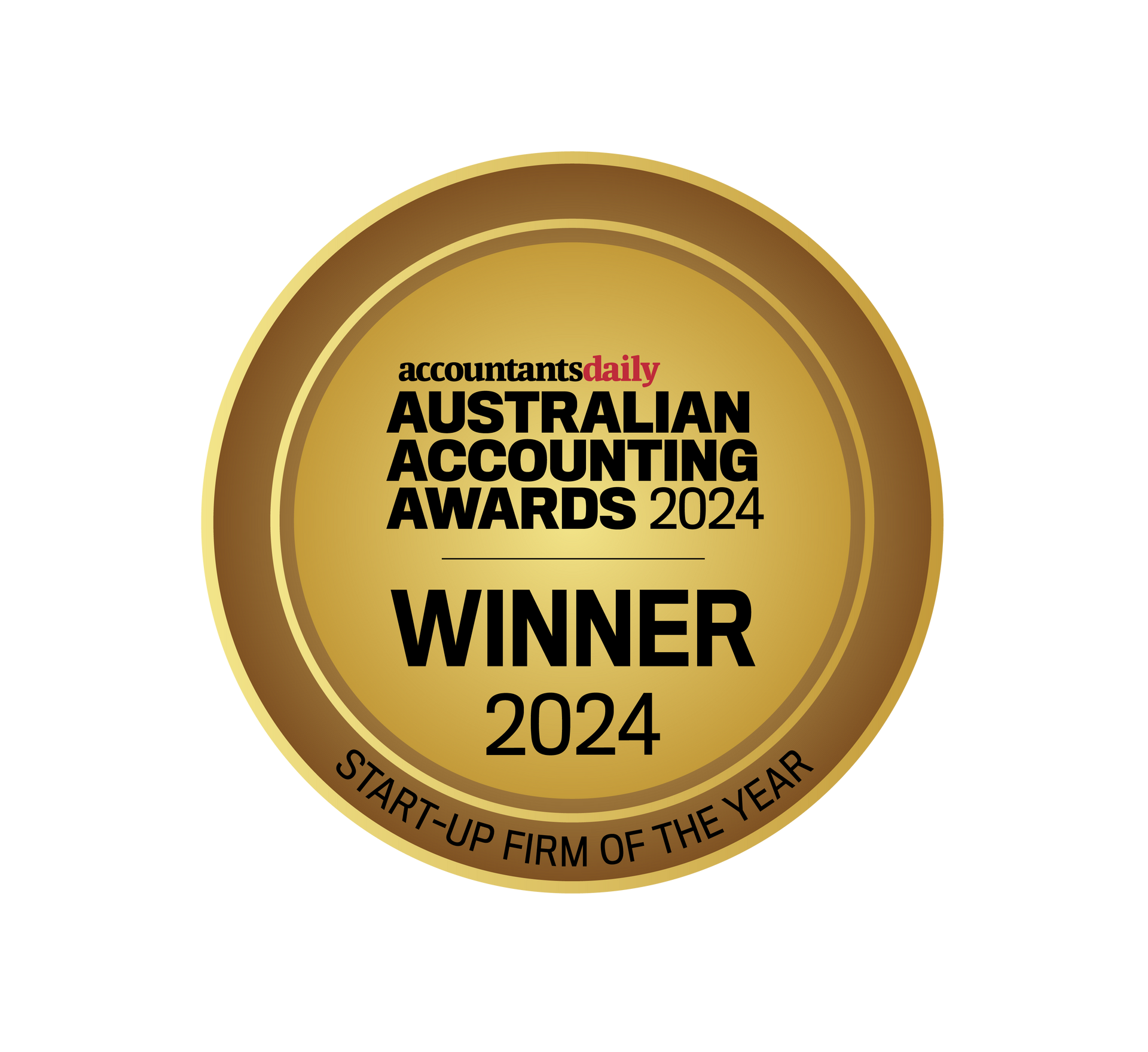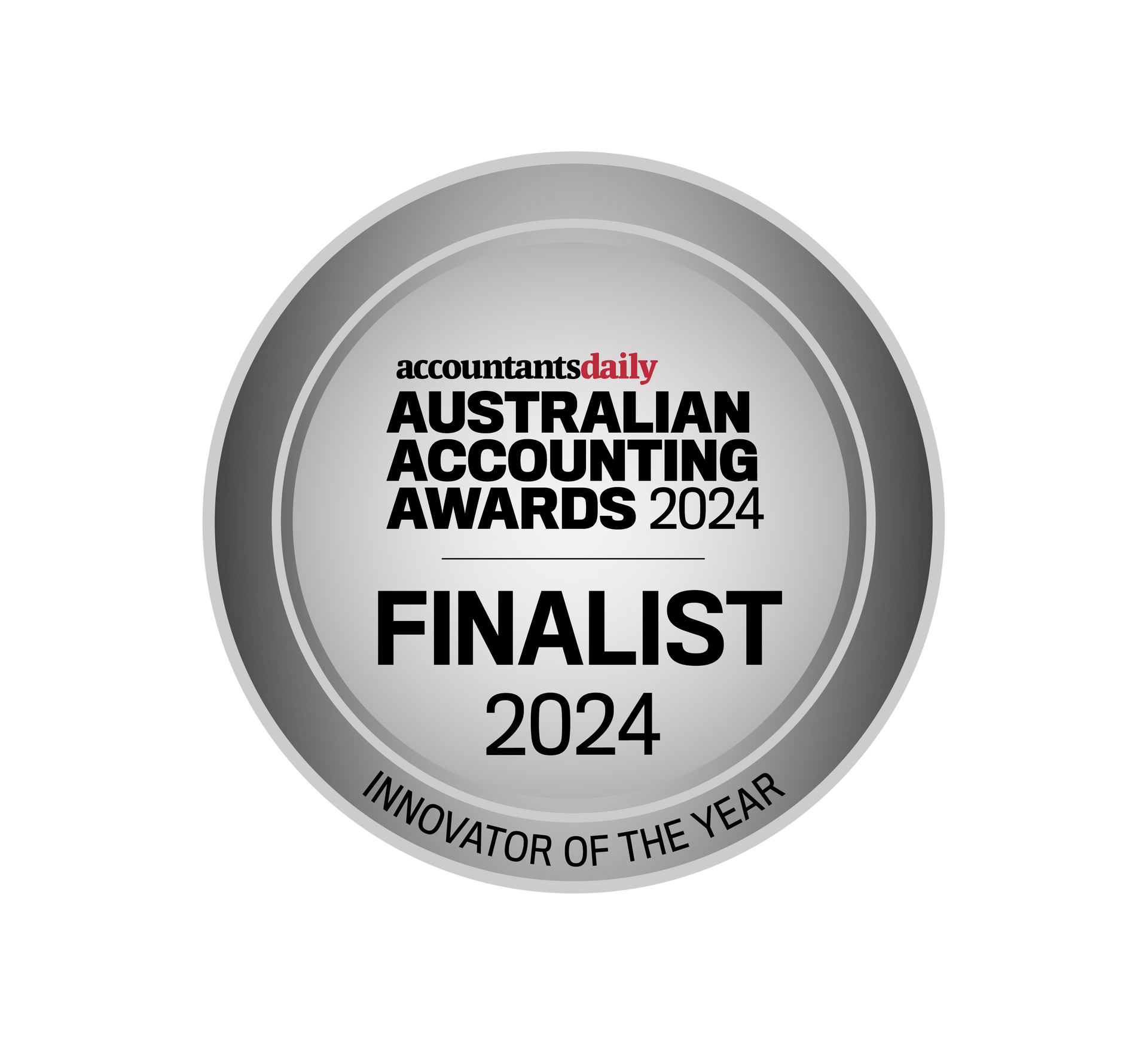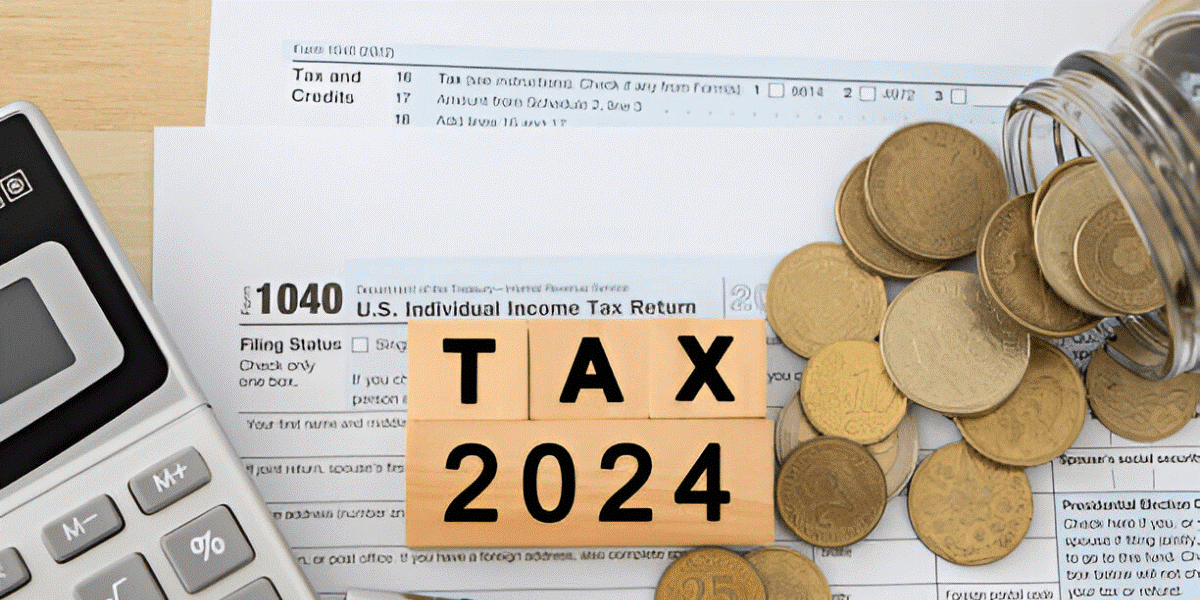Mastering the Art of Small Business Accounting: Strategies for Maximizing Profit and Efficiency

Maximizing Profit through Effective Small Business Accounting
As a small business owner, you understand the importance of making every dollar count. The success of your business depends on your ability to maximize profits while minimizing expenses. One of the most crucial aspects of achieving this goal is effective accounting. Proper accounting not only helps you keep track of your finances but also provides valuable insights into your business's financial health. In this day and age, there are many digital tools and software available to help you streamline your accounting processes and make informed financial decisions. However, mastering the art of small business accounting requires more than just technology. It requires a deep understanding of financial principles, attention to detail, and a willingness to adapt to changes in the market. In this article, we'll explore some practical tips and strategies to help you maximize profits through effective small business accounting.
Common Small Business Accounting Mistakes to Avoid
Effective accounting requires attention to detail and a deep understanding of financial principles. Here are some common small business accounting mistakes to avoid:
Mixing Personal and Business Finances
One of the most common accounting mistakes small business owners make is mixing personal and business finances. This can make it difficult to keep track of your expenses and income, and can also lead to tax issues down the line. To avoid this mistake, set up a separate bank account for your business and keep detailed records of all your transactions.
Failing to Track Expenses
Another common mistake is failing to track expenses. Every expense, no matter how small, should be recorded in your accounting system. This not only helps you keep track of your expenses but also helps you identify areas where you can cut costs.
Not Reconciling Accounts
Failing to reconcile your accounts can lead to inaccuracies in your financial statements. Make sure to reconcile your bank accounts, credit card statements, and other financial accounts on a regular basis to ensure that your records are accurate.
Accounting Software Options for Small Businesses
There are many accounting software options available for small businesses. Here are some of the most popular options:
QuickBooks
QuickBooks is one of the most popular accounting software options for small businesses. It offers a range of features, including invoicing, expense tracking, and financial reporting. QuickBooks is also user-friendly and easy to navigate, making it a great option for small business owners who are new to accounting.
Xero
Xero is another popular accounting software option for small businesses. It offers many of the same features as QuickBooks, including invoicing, expense tracking, and financial reporting. Xero also integrates with a range of other business tools, making it a great option for small business owners who want to streamline their accounting processes.
FreshBooks
FreshBooks is a cloud-based accounting software that offers a range of features, including invoicing, time tracking, and expense management. FreshBooks is user-friendly and easy to navigate, making it a great option for small business owners who want to manage their accounting on-the-go.
Setting up Your Small Business Accounting System
Setting up an effective small business accounting system requires careful planning and attention to detail. Here are some steps to follow when setting up your accounting system:
Determine Your Accounting Method
The first step in setting up your accounting system is to determine your accounting method. There are two main accounting methods: cash-basis accounting and accrual accounting. Cash-basis accounting records revenue and expenses when cash is received or paid out, while accrual accounting records revenue and expenses when they are earned or incurred.
Choose an Accounting Software
Once you have determined your accounting method, choose an accounting software that meets your business's needs. Consider factors such as the software's features, cost, and ease of use.
Set Up Your Chart of Accounts
Your chart of accounts is a list of all the accounts you use to track your business's finances, such as income, expenses, assets, and liabilities. Set up your chart of accounts based on your business's specific needs.
Record Your Transactions
Record all of your business's transactions in your accounting software. This includes income, expenses, and any other financial transactions.
Tracking Income and Expenses
Tracking your income and expenses is a crucial part of effective small business accounting. Here are some tips for tracking your income and expenses:
Keep Detailed Records
Keep detailed records of all your income and expenses. This includes receipts, invoices, and any other financial documents.
Categorize Your Expenses
Categorize your expenses in your accounting software to make it easier to track your spending. This will also help you identify areas where you can cut costs.
Reconcile Your Accounts
Reconcile your bank accounts, credit card statements, and other financial accounts on a regular basis to ensure that your records are accurate.
Managing Cash Flow
Managing your cash flow is essential for the success of your small business. Here are some tips for managing your cash flow:
Create a Cash Flow Forecast
Create a cash flow forecast to anticipate any cash flow challenges. This will help you plan ahead and take corrective action before any issues arise.
Monitor Your Accounts Receivable
Monitor your accounts receivable to ensure that your customers are paying their invoices on time. Late payments can affect your cash flow and lead to financial difficulties.
Negotiate Payment Terms
Negotiate payment terms with your suppliers to ensure that you have enough cash on hand to meet your financial obligations.
Understanding Financial Statements
Understanding your financial statements is essential for effective small business accounting. Here are some key financial statements to understand:
Income Statement
An income statement shows your business's revenues and expenses over a specific period of time. This statement helps you determine your business's profitability.
Balance Sheet
A balance sheet shows your business's assets, liabilities, and equity at a specific point in time. This statement helps you understand your business's financial position.
Cash Flow Statement
A cash flow statement shows your business's cash inflows and outflows over a specific period of time. This statement helps you understand your business's cash flow and liquidity.
Tax Planning and Compliance
Effective tax planning and compliance are essential for small business owners. Here are some tips for managing your taxes:
Keep Detailed Records
Keep detailed records of all your business's financial transactions to ensure that you are accurately reporting your income and expenses.
Understand Your Tax Obligations
Understand your tax obligations and deadlines to avoid any penalties or fines.
Seek Professional Help
Consider seeking the help of a tax professional to ensure that you are complying with all tax laws and regulations.
Outsourcing Small Business Accounting Services
Outsourcing your small business accounting services can be a great option if you don't have the time or expertise to handle your accounting in-house. Here are some benefits of outsourcing:
Cost Savings
Outsourcing your accounting can be more cost-effective than hiring an in-house accountant.
Expertise
Outsourcing your accounting services gives you access to a team of experts who can provide valuable insights and advice.
Time Savings
Outsourcing your accounting services frees up your time to focus on other aspects of your business.
Conclusion
Effective small business accounting is essential for maximizing profits and minimizing expenses. By avoiding common accounting mistakes, choosing the right accounting software, and setting up an effective accounting system, you can keep track of your finances and make informed business decisions. Remember to keep detailed records, monitor your cash flow, and understand your financial statements. With the right tools and strategies, you can take your small business to the next level.
Disclaimer:
The content of these blog posts is intended to be of a general nature and should not be construed as tax or any other form of advice. We do not guarantee the accuracy or completeness of the information provided in these blog posts. It is imperative that you consult with a qualified professional, such as a certified accountant at Tax App, before taking any action based on the advice or information contained herein. Your specific financial and tax situation may require personalised guidance, and a professional consultation is recommended to ensure compliance with applicable laws and regulations.
Get Started with Us
Connect with Australia’s most innovative accountants today. Fill out our contact form, and let’s discuss how we can help you achieve your financial goals. Together, we’ll create a tailored action plan that maximises your tax savings.
Awards!
⭐⭐⭐⭐⭐






At Tax App, we offer Sydney Local, Online Accounting and Tax Services for individuals and small businesses in our community. Our technology and experienced team provide efficient and personalised solutions to streamline financial management. Trust us to be your partner in success.
Chartered Accountants
Liability limited by a scheme approved under Professional Standards Legislation
All Rights Reserved | Tax App Pty Ltd
Useful Links
Contact Us
Disclaimer: The content of this website is intended to be of a general nature and should not be construed as tax or any other form of advice. We do not guarantee the accuracy or completeness of the information provided in this website. It is imperative that you consult with a qualified professional, such as a certified accountant at Tax App, before taking any action based on the advice or information contained herein. Your specific financial and tax situation may require personalised guidance, and a professional consultation is recommended to ensure compliance with applicable laws and regulations.









